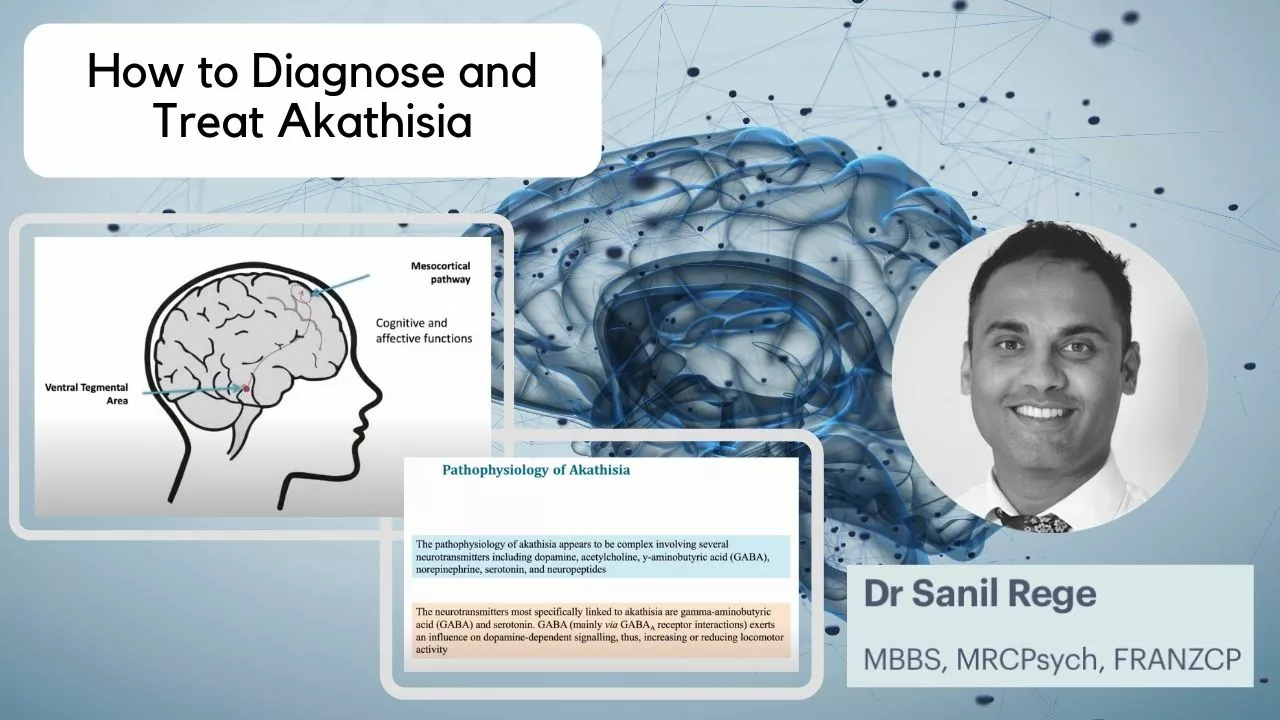Restlessness: what it feels like and why it happens
Can’t sit still, keep pacing, or feel a constant urge to move? That’s restlessness. It can show up as a jittery body, racing thoughts, or a need to keep shifting positions. Sometimes it’s short-lived (a late coffee or a stressful day). Other times it’s the result of a medication, a withdrawal, or an untreated medical issue. Knowing what’s likely causing your restlessness helps you pick the right fix fast.
Common causes you should check first
Medications are a big one. Certain antidepressants (like fluoxetine/Prozac), antipsychotics, and some migraine or ADHD drugs can cause akathisia — an intense inner restlessness where sitting still feels impossible. Bronchodilators and stimulants, caffeine, nicotine, and abrupt stopping of sedatives also trigger it. Medical issues like hyperthyroidism, low blood sugar, withdrawal from alcohol or opioids, and anxiety disorders can cause similar feelings. Restless legs syndrome is different: it’s mostly an evening or night leg urge and often improves with movement.
If your restlessness started after a new prescription, a dose change, or adding an over-the-counter med, that’s a red flag. Check product lists for interactions — for example, mixing certain OTC antihistamines or decongestants with antidepressants can worsen symptoms. If you’re on psychiatric meds, reading practical pieces like our page on Prozac or the guide about OTC interactions with imipramine can help you spot likely culprits.
Quick checks and what to tell your doctor
Note when it started, what you changed (meds, dose, caffeine), and how it feels. Is it constant or worse at night? Any tremor, sweating, fever, or confusion? Those extra symptoms matter: fever plus agitation could mean serotonin syndrome — urgent care territory. Tell your clinician about supplements too; herbal products can interact with prescriptions.
Your doctor will likely try one of three things: lower the dose, switch medicines, or add a short-term treatment to ease symptoms. Sometimes a low-dose beta blocker (like propranolol) or a short benzodiazepine helps while the main medication is adjusted. Never stop or adjust prescription meds abruptly without medical advice.
At home, cut caffeine and nicotine, hydrate, and move: a brisk 10–20 minute walk or slow stretching often eases the urge to fidget. Try deep breathing, progressive muscle relaxation, or grounding exercises if anxiety fuels the restlessness. Good sleep hygiene and small, frequent meals help if blood sugar or sleep loss is part of the problem.
If restlessness comes with severe agitation, suicidal thoughts, high fever, or trouble breathing, get emergency care. For less severe but persistent cases, book a review with your prescriber — many medication-related restlessness issues improve with a simple change. Want related reads? Check our articles on Prozac and on drug interactions to learn which meds commonly cause these symptoms and what to watch for.
As someone who's been researching mental health medications, I recently came across a topic that caught my attention: Aripiprazole and its connection to akathisia. Aripiprazole, a widely prescribed antipsychotic medication, has been known to cause akathisia, a condition characterized by restlessness and agitation. Although this side effect can be quite bothersome, I've discovered that it can be managed through dose adjustments, additional medications, or even switching to a different antipsychotic drug. It's crucial for patients and healthcare providers to openly communicate and work together to find the best solution. Mental health is a complex journey, and understanding these nuances can make a significant difference in treatment outcomes.
